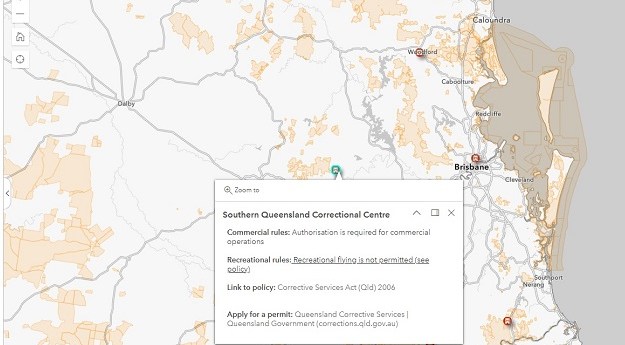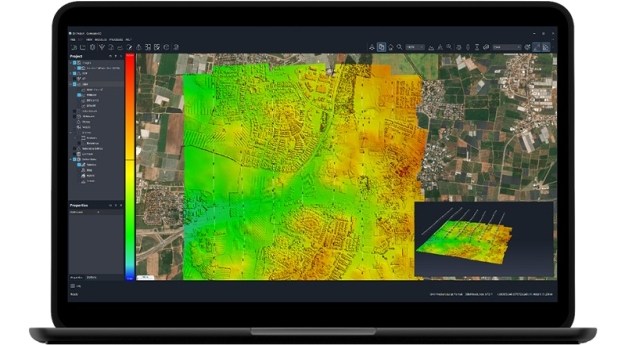
A new collaborative European project seeks to empower citizens to collect and contribute data for use in policy formation and governance.
The €8.5 million, 4 year, COBWEB (Citizen OBservatory WEB) project will develop an “observatory framework” that will make it easier for citizens to collect environmental data suitable for use in research, decision making and policy formation. The project is built around UNESCO’s World Network of Biosphere Reserves (WNBR), with test areas in Biosphere Reserves within the UK, Germany and Greece.
The COBWEB project is led by the University of Edinburgh, which put together a consortium of thirteen partners from five European countries: UK, Germany, Greece, Netherlands and Ireland. Funding comes from the EU’s FP 7 Programme, which is designed to respond to Europe’s employment needs, competitiveness and quality of life.
The infrastructure developed will explore the possibilities of crowd sourcing techniques around the concept of ‘people as sensors’, particularly the use of mobile devices for data collection and geographic information.
The Citizen’s OBservatory WEB seeks to increase the value and interoperability of crowdsourcing technology to policy makers by enabling the fusion of citizen-sourced data with reference data from a range of sources, including data published by public authorities. This will be achieved through integration with the European INSPIRE (Infrastructure for Spatial Information in Europe) Directive, compliant national SDIs (Spatial Data Infrastructures) and GEOSS (the Global Earth Organisation System of Systems).
Concentrating initially on the Welsh Dyfi Biosphere Reserve, the project aims to leverage the WNBR and the enthusiasm of local Biosphere Reserve communities for improved environmental decision making to help develop technology that will eventually be more widely applicable.
COBWEB Project Coordinator Chris Higgins, of EDINA, said: “Biosphere reserves are beautiful areas with people living in them who want to keep them that way. Using smartphone technology to get citizens more involved in decision making is a hot research area. Empowering people and improving information flow is vital to addressing a range of environmental issues.”
Peter Burnhill, Director of EDINA, said: “This work aims to enable the citizen to use the Mobile Internet to benefit the Earth in a direct and obvious way, locally and therefore globally. The project allows EDINA and the University of Edinburgh to build on previous experience in EU projects in geo-spatial research and development. Undoubtedly Environment Systems’ will lead on a number of different work packages including the assessment, testing and validation of the data requirements, together with dissemination, exploitation and use. The company also has a significant role in stakeholder engagement, mobile data collection and the creation of a validation and quality system.
Steve Keyworth Environment Systems’ Commercial Director, said “This is a really exciting project which not only leverages our experience in Earth Observation and professional survey but also empowers citizens’ associations in environmental decision making. There will also be considerable shared learning and knowledge transfer that will help to produce application models that work across different European countries and become accepted as the de facto information system of the WNBR.”












